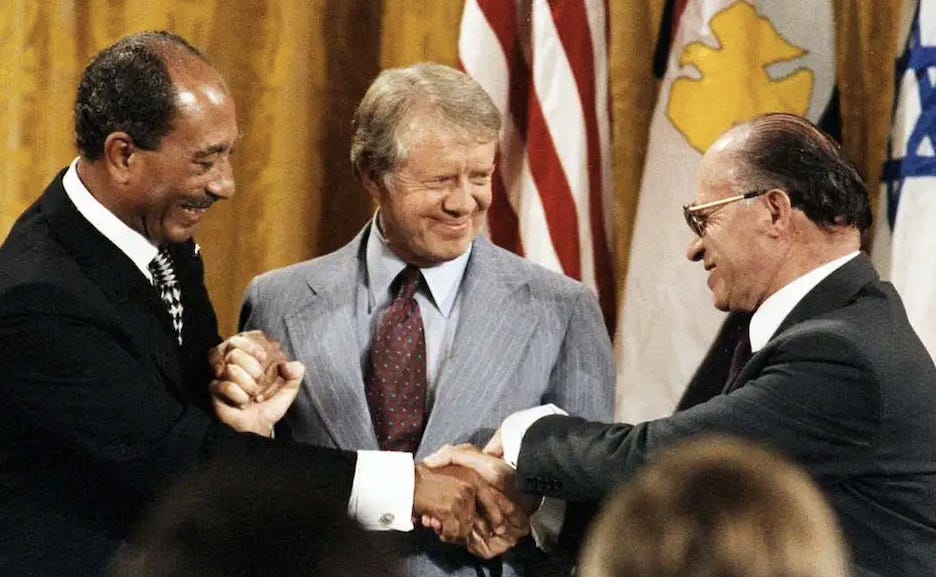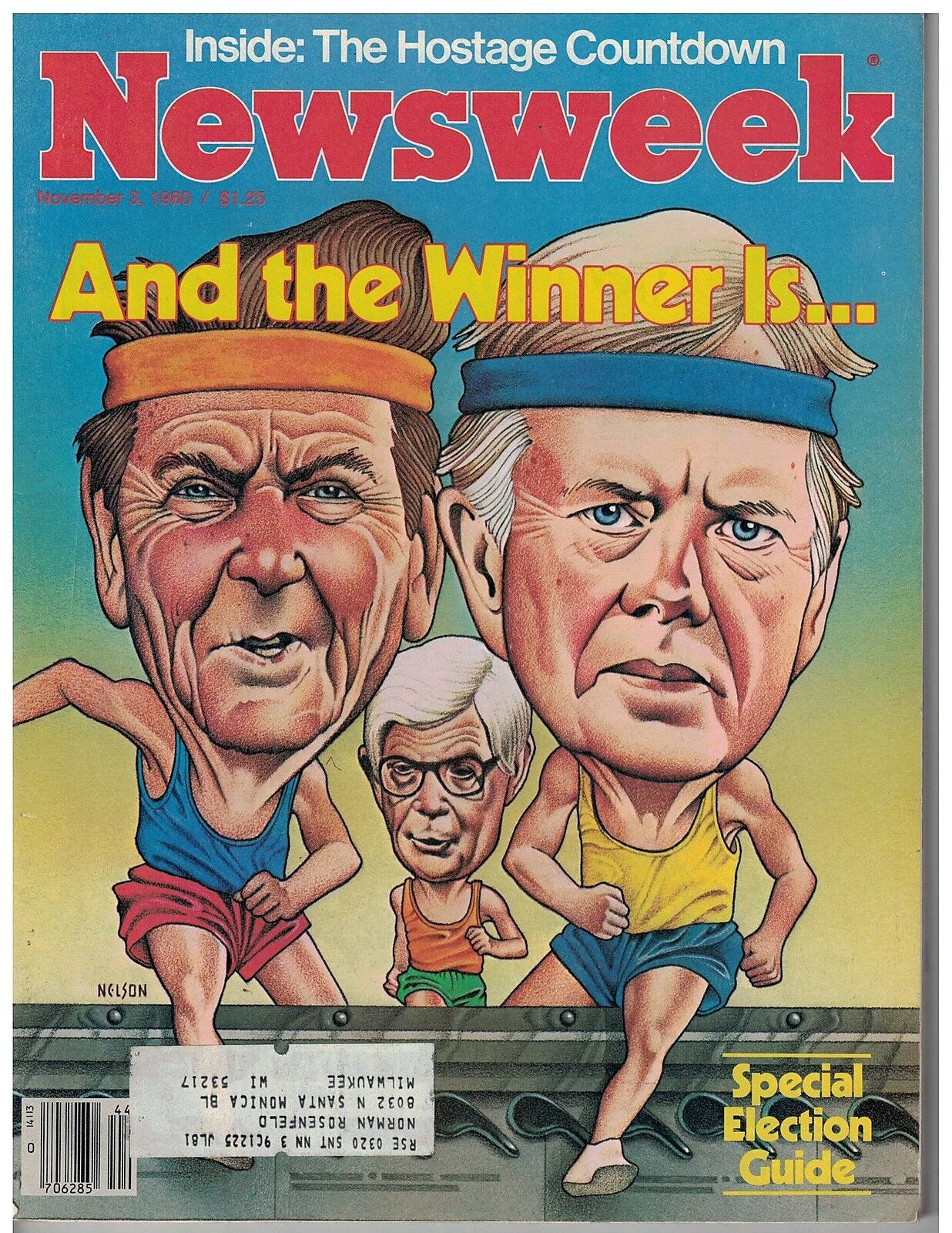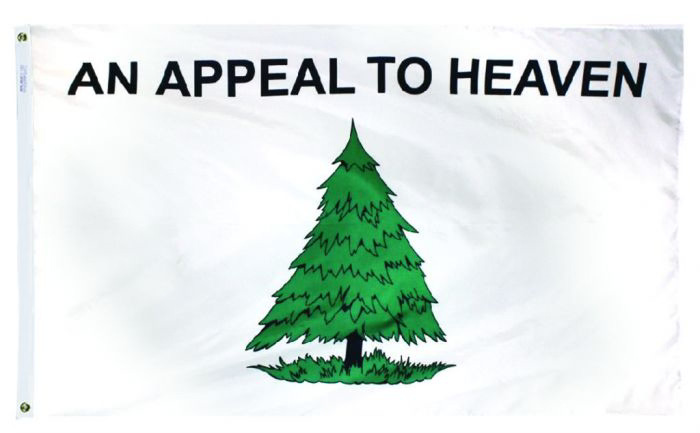The Sayings of Abu Francis
Jimmy Carter was the first and last president I ever voted for – who actually won. I voted for him twice; he only won once.
Jimmy was the last president who grew up on a farm. He served four years as president then lived to be a hundred. More than any other president in recent memory, he spent his years helping the afflicted, sleeves seriously rolled up.
What if Carter had been reelected? While no one seriously suggests the 1980 election was stolen (like they did in 2000, 2016 and 2020), evidence abounds that the Reagan-Bush campaign plotted hard to get Iran to interfere with the results. The so-called “October Surprise” narrative finds the Reagan-Bush campaign making a secret deal with Ayatollah Khomeini in 1980: If Khomeini would stall Carter’s negotiations for the release of the American hostages until after the election, then a grateful Reagan would generously reward Iran.
Last year, the New York Times added credence to this narrative, which has been debated for decades. Yes, Republicans were running their own foreign policy operation.
Imagine a multiverse where Carter had served two terms and Reagan was never president. What if the mysterious George Bush never ascended above CIA director and Carter succeeded in dismantling the CIA’s clandestine ops instead? Tinkering with the 1980 election may have altered the entire future of Iran and the Soviet Union as well.
Suddenly, the 1980 election ranks right up there with the Kennedy assassination in terms of what-ifs. Iran could have become our friend, the Palestinians could have had their own state, and energy conservation could have replaced the expansion of fossil fuel extraction and greenhouse gas emissions.
What Actually Happened
I was 18, studying journalism at Northwestern University, and it was my first time voting. I was so excited about joining our electoral process that I even worked for Election News Service in Chicago on election night, 1976. Hundreds of us staffed phone banks where exit-pollers could call in (usually from pay phones) the unofficial results.
The summer after my freshman year, I interned with my hometown congressman in Washington, D.C. I tried to meet the new President Carter and interview him while I was in the capitol city. Having no sitings during our White House tour, I sent several interview requests to Carter’s press secretary Jody Powell and others in the White House – until I finally received a thanks-but-no-thanks rejection over the machine-signed name, “Jimmy Carter.”
“Thank you for letting me know of the conflict you feel between politics and Christianity,” the letter began, referring to my proposed working title, Christianity and Politics: Do They Really Mix? “I believe that the essence of a political structure should bring out the best in our people and deal with their afflictions in the most enlightened way.
“We must share in the correction and prevention of the political and social mistakes of others by active involvement as Christians in shaping public ethical standards and public policy,” he wrote.
I was disappointed, but it was nothing compared to the letdown I suffered interning on the Hill. I saw how power and money seduced everyone. I saw congressmen grovel to donors, and generals salivate over new technology they could appropriate for possible weapons systems. The Beltway in-crowd partied every night. By the end of summer, I had lost my faith – not in God, but in Government. I remember thinking, if we think Congress is going to solve our problems, we're in big trouble. The institution wasn't intended to “deal with their afflictions in the most enlightened way,” Mr. Carter.
Contrary to popular punditry, I found Carter's presidency amazing. Elected on the heels of Watergate, he had a clear mandate to drain the swamp. Within days of giving President-elect Carter a six-hour briefing, George H.W. Bush resigned as head of the CIA.
Just months after Carter was sworn in, Israeli voters elected a right-wing government led by Prime Minster Menachem Begin, former head of a Jewish terrorist organization called Irgun. In 1948, the Irgun led an assault on the Arab village of Deir Yassin, killing more than 100 villagers and triggering the Arab-Israeli War.
But Carter wasn't going to let Begin get in the way of his dream. “A major goal of my life,” he later wrote in Palestine: Peace Not Apartheid, “has been to ensure a lasting peace for Israelis and others in the Middle East.”
On Sept. 17, 1978 – less than two years after he took office – Carter watched Begin shake hands with Egyptian President Anwar Sadat and sign the Camp David Accords. The treaty included the creation of a Palestinian “self-governing authority” in the West Bank and Gaza Strip by May 25, 1980. One of the world's biggest fires was getting put out.
In Carter's final year, however, another fire broke out. Iranian students took over the U.S. Embassy in Tehran, starting a 444-day hostage crisis that transfixed America and eventually cost Carter a second term. I was really impressed by how hard he tried to work with the new regime of Ayatollah Ruhollah Khomeini, which was trying to wrestle Iran back from the clutches of the westernization.
At one time, Khomeini was the bad boy of nonalignment in world politics – the first Third World leader since Fidel Castro to say “no” to Washington and live to tell the tale. Exiled from Iran for denouncing the Shah, he returned in triumph 14 years later to found the Islamic Republic of Iran. He applauded as the Muslim Student Followers of the Imam's Line stormed the U.S. embassy and took 66 hostages. He dubbed the U.S. the “Great Satan” – the USSR was the “Lesser Satan.” Time magazine named him Man of the Year.
Khomeini wanted to replace the fleeing Shah and cut the puppet strings with the West. Carter was sympathetic to an independent Iran and worked with Khomeini to keep the Iranian military from taking over. But the hostage crisis dragged on for more than a year and became a central issue in the U.S. election. Newsweek characterized it as “too close to call” in its edition dated the day before the election, quoting the head of Iran’s Central Bank as saying, “If the hostages were released, it could get Carter re-elected.”
Carter was courting Khomeini but drew the line at trading arms for hostages. Reagan and Bush were courting Khomeini as well, but couldn’t let the public know. William Casey, Reagan’s campaign manager and later his CIA chief, formed the October Surprise Group as an intelligence outfit to monitor Carter’s efforts. If the hostages were going to be released, Casey and Bush wanted to make sure it wasn’t right before the election.
They got their way. Iran kept the hostages, Carter lost the election. Reagan proceeded to arm Iran secretly and the CIA was back in business.
The Moral War
Looking back, I feel the heart of Carter's presidency was, as he wrote to me, trying to bring out the best in people. On April 18, 1977 – a couple months before I arrived in D.C. for my internship – President Carter addressed the nation on TV in what has been dubbed “The Moral Equivalent of War” speech. “Tonight I want to have an unpleasant talk with you about a problem that is unprecedented in our history,” he said. “With the exception of preventing war, this is the greatest challenge that our country will face during our lifetime.”
He was talking about energy. He urged America to reduce dependence on oil imports through energy conservation and development of renewable energy sources.
“We must not be selfish or timid if we hope to have a decent world for our children and our grandchildren,” he continued. “We simply must balance our demand for energy with our rapidly shrinking resources. By acting now we can control our future instead of letting the future control us.”
Two years later, the Shah of Iran was overthrown and Khomeini returned from exile. Carter wasn't seeing much progress on the energy conservation front, so he addressed the nation again in what has been dubbed the “Malaise Speech.”
“It's clear that the true problems of our Nation are much deeper than gasoline lines or energy shortages, deeper even than inflation or recession,” he said, just a month after installing a solar-thermal water heating system on the White House roof. “In a nation that was proud of hard work, strong families, close-knit communities, and our faith in God, too many of us now tend to worship self-indulgence and consumption. Human identity is no longer defined by what one does, but by what one owns.”
In 1980, before it even began, Jimmy's moral war on materialism came to an end. America voted for militarism over diplomacy, economic growth over simplicity, empire over world peace. It wasn't Jimmy's fault and he went on to launch several initiatives as the citizen-leader we all need to be, not relying on politics and government to make peace, fight disease and build affordable housing.
It wasn't my fault either. I voted for him twice. He only won once.
What say you?









Carter was a good man, and my introduction to the ability of the media to maul anyone that frightened America's elites; I'm sure you remember the killer rabbit. America's turn from Carter to Reagan was one bookend of my working life, and its turn to trump is the other. We get what we deserve, and it's a shame for the rest of the world.
As for Deir Yassin, perhaps you have not heard of the relatively recently published book "The Massacre That Never Was," by Professor Eliezer Tauber of Bar-Ilan University. Tauber interviewed everyone he could find, from all sides, and was told by former residents of Deir Yassin that the accusation of a "massacre" was hype demanded by Arab leadership at the time, in hopes of involving other Arab militaries. Instead, it became a major cause of the flight that created the dispossessed Palestinian refugees. The book was initially published in Hebrew, and American university presses didn't want to publish a translation for fear of offending the politically correct. It eventually found a more courageous publisher for the English translation, and is easily available. For a discussion of the shameful cowardice of the university presses you could see: https://jewishjournal.com/rosnersdomain/231367/truth-deir-yassin/
You'll probably consider it Israeli propaganda. I believe it is the truth.
Jimmy Carter was one of my favorite presidents (JFK would top the list). I was living on the west coast of Vancouver Island in Canada in the Fall of 1976 when Carter was elected. There were a lot of draft dodgers living in the area (I wasn't one - I was born in Canada). I met one guy from Santa Cruz who wasn't able to attend his mother's funeral because he would have been arrested. There were a lot of happy American ex-pats after that election - Carter followed through in granting them amnesty. The peace accord he brokered between Anwar Sadat and Menachem Begin showed his skill as a diplomat - possibly unmatched since then. He was a decent and intelligent man (nuclear engineer) - just the type of honest. humble person the country needed in the wake of the Nixon disgrace and the failure of Gerald Ford as a leader.